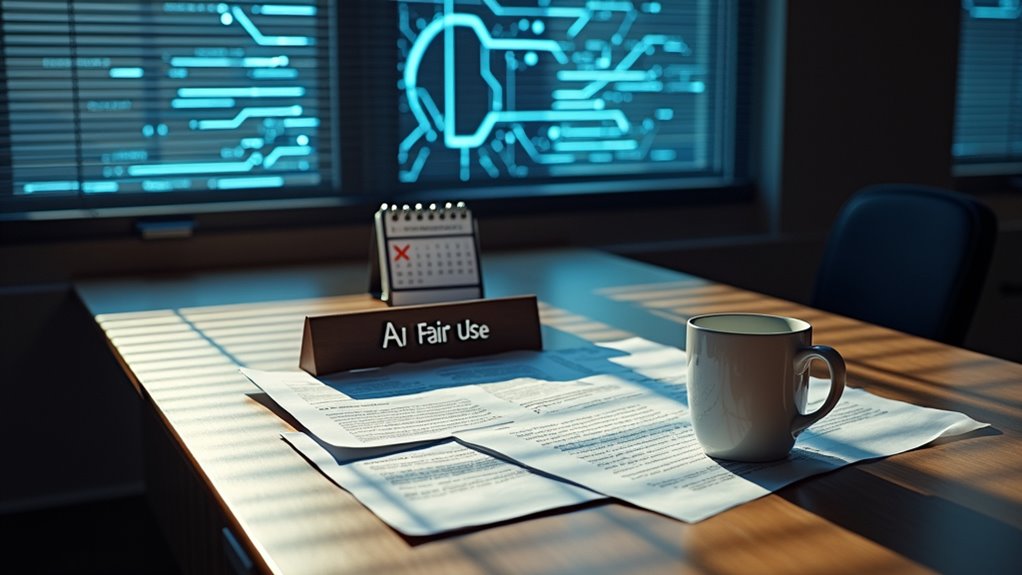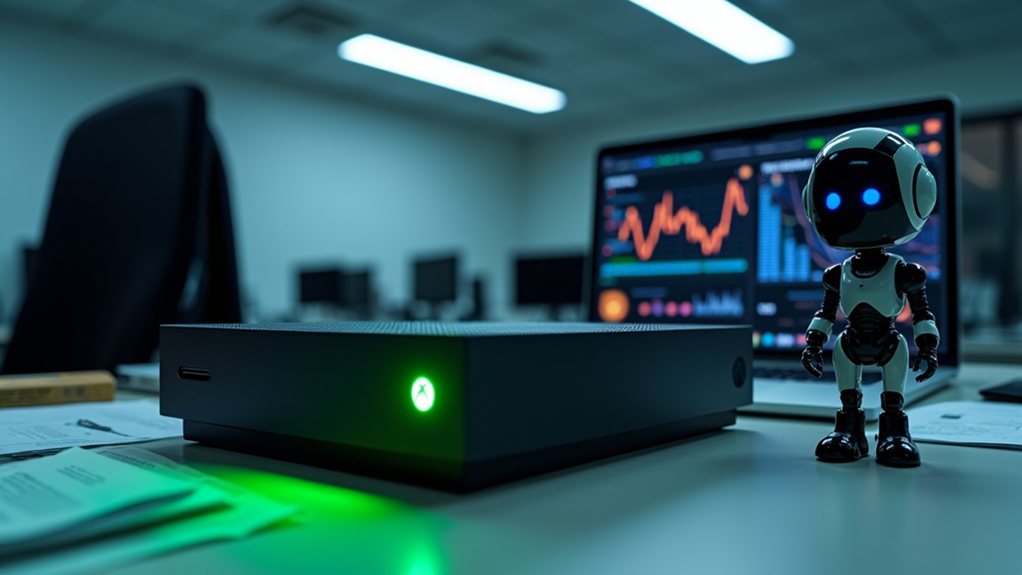U.S. Copyright Register Shira Perlmutter was abruptly fired just hours after releasing a report questioning AI companies’ use of creative works. The timing? Suspiciously close to her denying Elon Musk’s request for looser copyright rules. While the White House blamed “agency mismanagement,” many see this as a tech-friendly power move. Rep. Joe Morelle called it a “brazen, unprecedented power grab.” The creative community watches nervously as the battle between AI innovation and copyright protection intensifies.
Just as the US Copyright Office released a report questioning whether AI companies should be freely mining creative works, its leader Shira Perlmutter was abruptly shown the door.
Talk about timing that raises eyebrows higher than a cartoon character seeing cake.
The firing came less than 24 hours after Perlmutter reportedly declined Elon Musk‘s request to use copyrighted material for AI training.
The Copyright Office had just dropped their bombshell report concluding that commercial AI systems slurping up creative works often exceed fair use boundaries. This report highlighted how AI systems can inherit human biases from their training data, potentially amplifying discrimination in their outputs.
Awkward.
Politico and CBS News broke the story, with House Democrat Joe Morelle quickly confirming and condemning the move as a “brazen, unprecedented power grab.”
The White House’s official explanation? Agency mismanagement, with a side of “too much focus on diversity initiatives.”
Critics aren’t buying it.
Let’s be real—the report Perlmutter’s office released just before her firing wasn’t exactly what AI companies wanted to hear.
It established clear distinctions between acceptable research uses and potentially infringing commercial applications.
The document emphasized that generating AI content that competes with original creators likely harms existing markets.
Perlmutter had been serving as the Copyright Office director since 2020 when appointed by Librarian of Congress Carla Hayden.
Industry watchers suspect this could be the opening move in a broader effort to declare more permissive fair use rights for AI companies.
Some speculate a Trump executive order might be in the works to benefit tech leaders like Musk who face potential licensing hurdles.
The creative sector is understandably nervous.
This unprecedented personnel move signals potential weakening of copyright protections in favor of AI development, just as courts are beginning to weigh in on these issues.
What happens next remains uncertain.
Pending lawsuits will establish legal precedents while market-led licensing solutions may reduce the need for legislative intervention.
International efforts to harmonize copyright policies add another layer of complexity.
One thing’s clear—the battle between protecting creative incentives and supporting technological progress just got messier.
And somewhere, Shira Perlmutter is probably wondering if her report was worth losing her job over.








